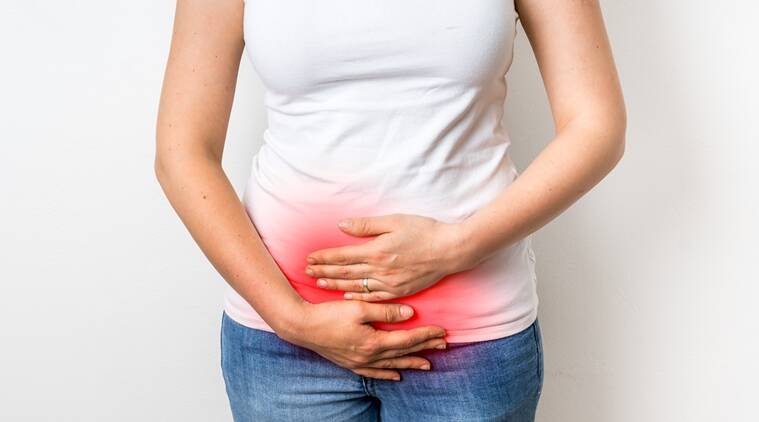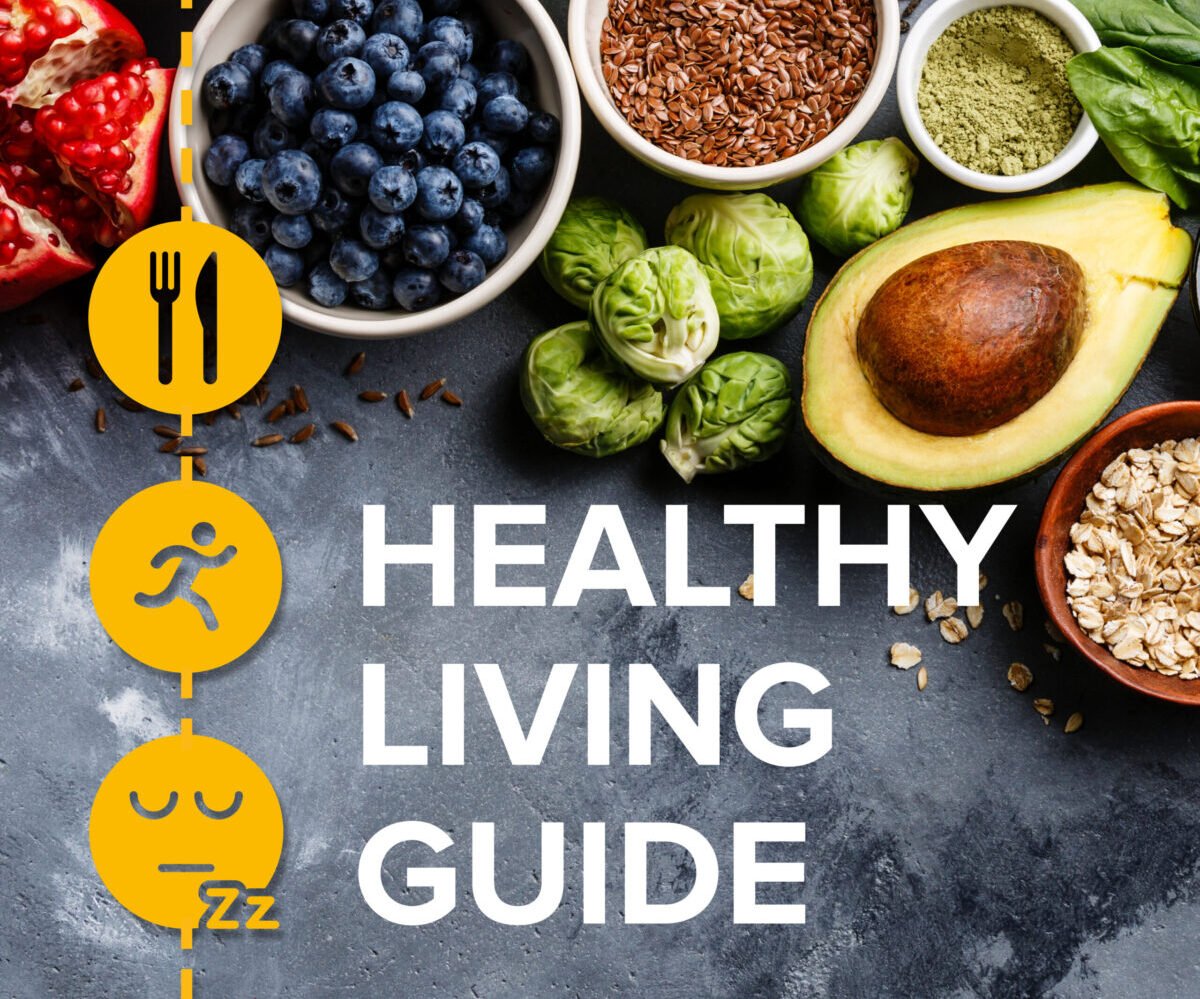
Unknowingly, 20% of women worldwide suffer from one of the most rampant hormonal endocrine disorders among women of reproductive age, called Polycystic Ovaries Syndrome (PCOs). The symptoms of PCOs are most often such that go unnoticed and seem very normal. Hence, unaccounted for. Acne, Hair Fall, Unexplained weight gain, irregular periods, and painful cramps during periods are some of the most commonly experienced symptoms. Since these symptoms are not exclusive to PCOs and may be a cause of other conditions, it is best to consult a doctor for a proper diagnosis and effective treatment.

Diagnosis for PCOs
There is no definitive diagnosis for PCOs. Your doctor most likely begins by inquiring about your medical history including your menstrual cycle details and weight changes. A physical exam may also be conducted to look for signs of acne, excessive hair growth, and insulin resistance. Upon highlighting some symptoms, the doctor may then recommend the following:
Blood Tests
Blood tests are undergone to identify abnormal hormonal levels, androgen excess and measure glucose tolerance.
An Ultrasound
Your doctor may do an abdominal or transvaginal ultrasound to check the appearance of the ovaries and the lining of the uterus.
If you are diagnosed with PCOs your doctor might recommend additional tests for complications. One must, however, not be disheartened or stressed unnecessarily. With small lifestyle modifications, this hormonal disorder is easily manageable.
Living A Healthy Life With PCOs
PCOS treatment focuses on managing your concerns, such as infertility, excessive hair growth, acne, or obesity. Specific treatment might involve lifestyle changes or medication.
Lifestyle Changes
Simple and doable lifestyle changes by eating healthy, exercising regularly help to overcome many of the symptoms and also improve the body’s inability to use insulin effectively, combats weight gain, and also aids hormonal balance. Even a modest weight reduction, up to 5% of your body weight can aid in improving the condition. You may also notice that your self-esteem and body image take a hit from all these physical changes that arise after diagnosis, causing depression and anxiety.
But there’s good news! A lot of these signs and symptoms can be improved with a few tweaks to your lifestyle, particularly with exercise.

What kind of Exercise?
Moderate exercises like jogging, brisk walking, swimming, cycling, and a full-body workout incorporating a mixture of High-Intensity Interval Training (HIIT), Cardio, and Strength Training; all help in improving the body’s resistance to insulin, reducing BMI, and also overcoming PCOs. Core strength Training also helps with general body well-being and getting pregnant. Doing 30 minutes or more a day can also help with weight management, symptoms of depression and anxiety, as well as improving the frequency of menstrual cycles and ovulation.
The most effective exercise is the one you keep up with, so choose something you enjoy! Seeking help from an Accredited Exercise Physiologist is a great way to guarantee you’re exercising right for your condition. They can provide a tailored exercise program as well as lifestyle advice and support to help you reach your health and well-being goals.
Healthy Diet
In general, those with PCOs must avoid unhealthy foods that include refined carbohydrates such as pastries and white bread, Sugary beverages such as sodas and energy drinks, Fried foods, Red Meat, etc. They must follow a diet that incorporates natural, unprocessed foods, fruits, healthy fats such as Olive Oil, Avocado, and Coconut. High fiber foods such as Broccoli, anti-inflammatory foods, spices, like turmeric and tomatoes, and fatty fish including salmon and tuna are also very healthy and help in managing BMI, Insulin, and resultantly, PCOs.
Prescribed medication-Birth Control Pills
Women who suffer from irregular menstrual cycles, severe cramping, or wish to get pregnant are often prescribed birth control pills to help regulate the hormones and stimulate ovary function. Pills that contain estrogen and progestin decrease androgen production and regulate estrogen. Regulating your hormones can lower your risk of endometrial cancer and correct abnormal bleeding, excess hair growth, and acne. However, it is imperative to consult your doctor before taking any medication.
To help decrease the effects of PCOS:
Try to maintain a healthy weight
Weight loss can reduce insulin and androgen levels and may restore ovulation. Consult a dietician to help you devise a weight loss program tailored to your body’s needs.
Be Active
f you have PCOS, increasing your daily activity and exercising regularly may treat or even prevent insulin resistance and help you keep your weight under control, and also avoid developing diabetes.
Reduce Carbohydrates
Low fat, high carb diets usually increase insulin levels. Research recipes that are low carb to help ease the transition to a low carb, high protein diet.
While medication may help in regulating hormones, and preventing serious ailments caused by PCOs; By adopting a healthy lifestyle and managing your weight, one can combat chances of obesity and many other health concerns. Once diagnosed by a consultant and properly treated, PCO is the most common and manageable hormonal disorder.
When to See a Doctor
If you notice any unusual changes in your menstrual cycle, hair growth, and weight changes, It is best to consult a doctor to reach a definitive timely diagnosis and avoid any complications.






